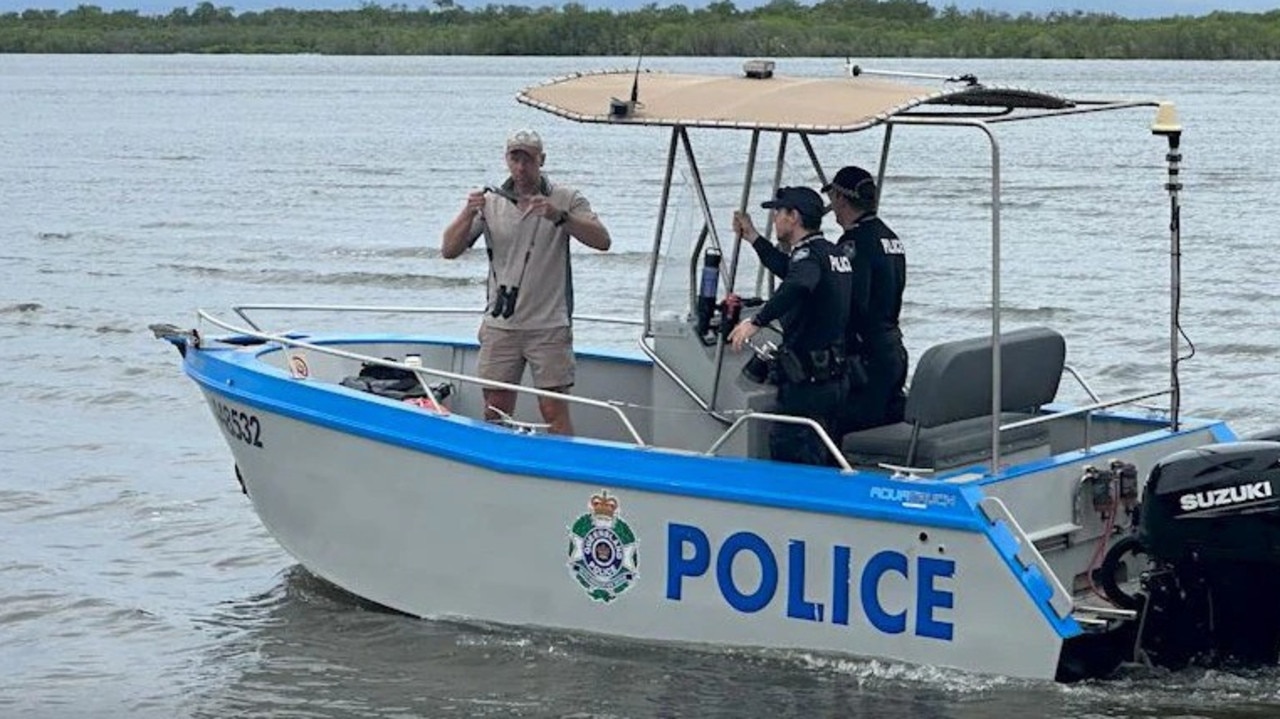Albo called to step in as Far North renewables project reaches crossroads
The Daintree’s decades-long fight for renewable energy has reached the Prime Minister’s office with a Far North MP pleading with the federal government to re-commit $20m to the trailblazing project.
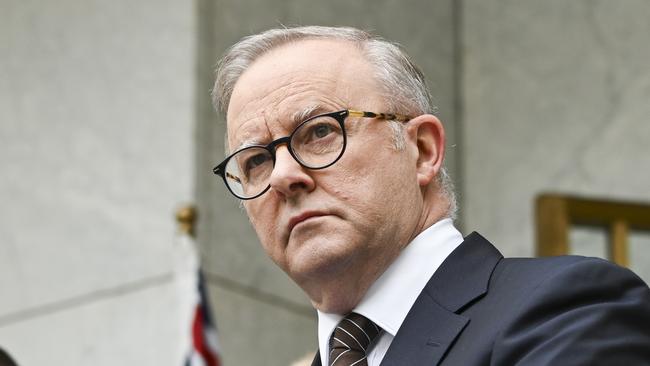
Cairns
Don't miss out on the headlines from Cairns. Followed categories will be added to My News.
The Daintree’s decades long fight for renewable energy has reached the Prime Minister’s office with a Far North MP pleading with the federal government to re-commit almost $20m to the trailblazing project.
But Queensland Senator Nita Green has hit back, claiming proponents for the microgrid project failed to meet milestones around securing an additional $45m from private investors.
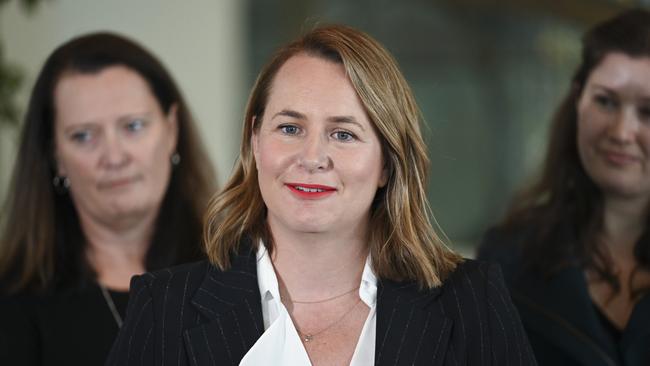
Last December, Environment Minister Tanya Plibersek announced the federal government had backed the construction of an 8MW solar farm, and a 1MW hydrogen plant on a cattle property near Cow Bay, around 120km north of Cairns.
The microgrid, which would be co-owned by traditional owners, aimed to provide around 300 customers with renewable energy, stopping resident and businesses from burning hundreds of litres of fuel each week inside the world’s oldest living rainforest.
“We’ve ticked off a solar project that will power the entire Daintree community,” Ms Plibersek said on social media.
“This project alone will prevent four million litres of diesel from being burned.”
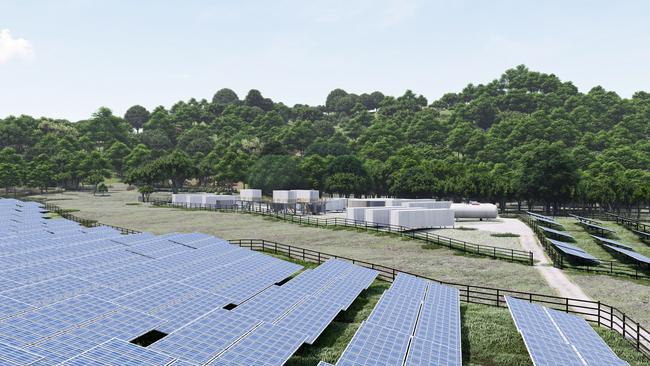
In August the Department for Climate Change Energy the Environment and Water pulled funding on the project, led by Volt Advisory Group, which had received strong backing from First Nations groups in the region.
Volt’s failure to lock in investors led to the project’s demise, Ms Green said.
“There are probably some rose-coloured glasses that the proponent is putting on the project,” she said on ABC Radio.
“I think it was a lot further behind than they are letting on. They were required to get approvals and raise capital which I understand they were seeking to do.
“Unfortunately, it looks like they weren’t able to meet the milestones.”
In response, Member for Leichhardt, Warren Entsch said the federal government’s wavering commitment had scared off backers.
“They had three investors secured,” Mr Entsch said of the proponents.
“All of them said, ‘Hang on. The government has held out on a progress payment’.
“The reason for the first delay was (Climate and Energy Minister) Chris Bowen’s own department.
“Right from the beginning he was looking for a reason to stop it. But I think they’ve underestimated the people and the commitment from Volt.
“The traditional owners trust Volt and have been working with them on this for years.”
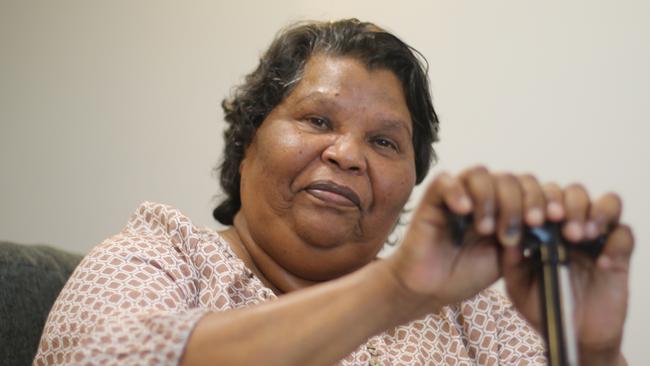
The federal government’s decision to walk away from the deal has prompted Eastern Kuku Yalanji elders to speak out, arguing that the project will bring sustainable jobs for First Nations peoples to the region.
This week, Jabalbina Yalanji Aboriginal Corporation, the prescribed body corporate representing traditional owners, publicly joined the campaign.
“The Daintree microgrid is essential for the region,” Jabalbina’s CEO Josh Patterson said.
“After lengthy delays, including major disruption from Cyclone Jasper in 2023, the Daintree
Microgrid now has all environmental and cultural approvals and is investment ready.
“With the right support - including from the federal government – construction of the microgrid could commence in 2025 and community benefits would become reality within months.
“Eastern Kuku Yalanji (peoples) remain committed to the Daintree Microgrid as their entry into the renewable energy market.”
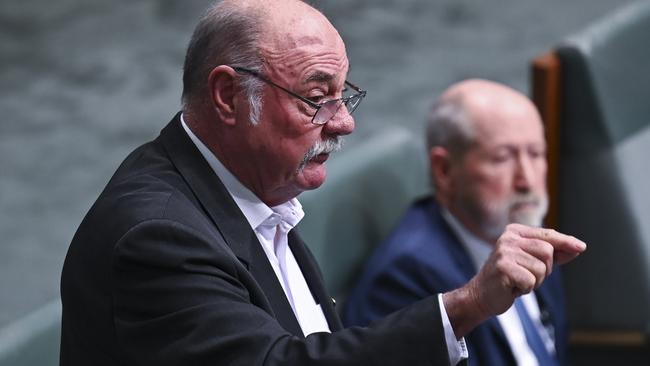
Mr Entsch, who met with Prime Minister Anthony Albanese in August to advocate for the project, said the microgrid would allow net exportation of sustainable electricity and help disaster-proof the region.
“This is very different to a normal grid,” he said.
“You’re sandwiched between two highly sensitive World Heritage-listed areas – the Wet Tropics and Great Barrier Reef.
“The money is still there for it but this is all about politics. Volt has 100 percent of the permits required.”
Ms Green said a separate $11.8m microgrid project had been funded for Wujal Wujal through the Disaster Relief Fund.
More Coverage
Originally published as Albo called to step in as Far North renewables project reaches crossroads



